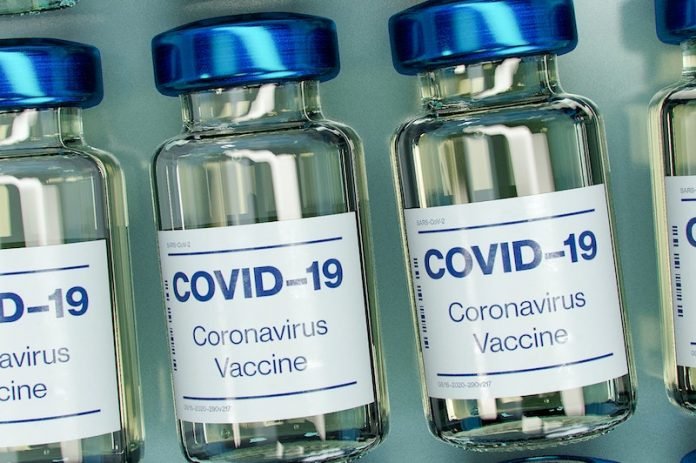
On Friday, the U.S. Centers for Disease Control and Prevention (CDC) recommended a third dose of the Pfizer-BioNTech or Moderna COVID-19 vaccine for people with moderately to severely compromised immune systems.
The people include those who have had a heart, stem cell or other organ transplant and are on immunosuppressive treatment, or who have weakened immune systems due to disease or other medical treatment including active cancer therapy.
Eligible individuals may comprise approximately 3% of the U.S. population and also includes people living with HIV, those taking high-dose corticosteroids or immunosuppressive medications for rheumatologic conditions, and those who have genetic conditions that weaken the immune system.
The new CDC guidance does not recommend an additional COVID-19 vaccine for any other population nor for anyone who received the Johnson & Johnson COVID-19 vaccine.
Related to this guidance, the U.S. Food and Drug Administration (FDA) has issued amendments to the emergency use authorizations for the mRNA COVID-19 vaccines manufactured by Pfizer-BioNTech or Moderna to allow certain immunocompromised individuals to receive a third dose of the same mRNA COVID-19 vaccine in addition to the initial 2 doses received.
The American Heart Association/American Stroke Association supports the new recommendation from the CDC for people who have had a heart transplant or who have moderately to severely weakened immune systems to receive a third mRNA COVID-19 vaccine dose.
We remain concerned about the significant disparities in COVID-19 vaccination in different populations.
Therefore, we continue to urge all adults and children ages 12 and older in the U.S. to receive a COVID-19 vaccine as soon as they can, as recommended by the CDC and authorized for emergency use by the U.S. Food and Drug Administration.
“As recently amended for emergency use authorization by the U.S. Food and Drug Administration and recommended by the CDC, we urge heart transplant patients and all people in the U.S. who have moderately to severely compromised immune systems to receive a third dose of an mRNA COVID-19 vaccine (the Pfizer-BioNTech or Moderna COVID-19 vaccine).
Research indicates a third COVID-19 vaccine dose will provide people with moderately to severely weakened immune systems more protection against COVID-19 infection and reduce the risk of serious, prolonged illness if an individual contracts COVID-19.
Please consult with a health care professional if you have any questions about whether a third COVID-19 vaccine dose is appropriate for you or a loved one.
“We continue to recommend that all adults and children ages 12 and older in the U.S. receive a COVID-19 vaccine as soon as they can.
The data continue to confirm that the COVID-19 vaccines are highly effective at preventing serious COVID-19 infection, hospitalization and death.
More than 99% of Americans who have been vaccinated against COVID-19 have not had a breakthrough case of infection; however, more than 95% of the most recent COVID-19 hospitalizations and deaths in the U.S. are among people who are not vaccinated.
“We also support the CDC’s updated safety recommendations due to the recent surge of the Delta variant: mask wearing for all people regardless of vaccination status when indoors in communities with ‘substantial’ or ‘high’ rate of COVID-19 infection, which represents more than 93% of U.S. counties.
Additional important precautions include frequent handwashing and social distancing, combined with mask wearing and vaccination, all of which are essential to minimizing the spread of the COVID-19 virus and reducing the risk of COVID-19 infection.
“COVID-19 vaccination for as many people as possible is essential to protecting public health, saving lives and ending the pandemic.”
If you care about COVID vaccines, please read studies about why some people don’t experience COVID-19 vaccine side-effects and findings of COVID-19 survivors may need just 1 dose of two-part vaccine.
For more information about COVID vaccines and your health, please see recent studies about what you need to know about COVID vaccines and imaging scans and results showing a link between mild heart problem, COVID vaccine.



